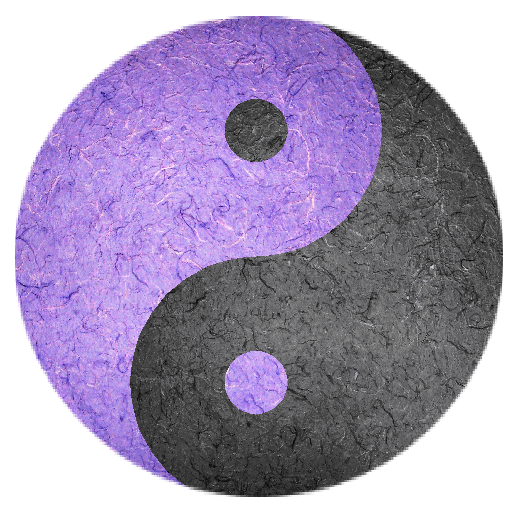FAQs about animal acupuncture
We know, you want to know more about Animal Acupuncture, right? Well, you’ve come to the right place. Below are the answers to some commonly asked questions about Animal Acupuncture.
- If my animal receives acupuncture, does that mean he or she does not need veterinary care?No! Animal Acupuncture is intended to complement, rather than replace, veterinary care. Maryland law states that companion animals must have visited their veterinarian within 14 days before beginning acupuncture treatment. You will be asked to provide the acupuncturist with a letter or receipt from the vet in order for the treatments to begin. This section of the law is to protect your pet and assure you have a working relationship with a vet in case problems arise in the future.
- How does acupuncture complement veterinary care?Animals who receive acupuncture treatment are better prepared to handle the rigors of surgery, drug treatment and other aspects of veterinary care. Animals undergoing chemotherapy, for example, often need less chemical treatment and frequently hold up better during the stressful process. Acupuncture can also improve an animal’s pain management following surgery and expedite the recovery of his or her physical mobility and sense of well-being. Acupuncture strengthens the immune system, musculoskeletal system, digestive system and basic body functions.
- Can acupuncture help with behavioral as well as physical health problems?Absolutely! Acupuncture can help animals ease through the transitions of moving into new homes; overcome histories of mistreatment, abuse and fear of people; alleviate excess aggression or shyness; cope with grief over the loss of a companion; and much more. Animals, like people, experience intense feelings such as happiness, sadness, worry, fear, anger and confusion. The expression of these emotions may manifest as undesirable behaviors. Drugs may not always be the best solution in these circumstances, and acupuncture offers an alternative to reestablish peace for your loving friend.
- What is the difference between a Certified Animal Acupuncturist and a veterinary acupuncturist?A veterinary acupuncturist is first and foremost a veterinarian, with additional training in acupuncture. A Certified Animal Acupuncturist is first and foremost an acupuncturist, with additional training in veterinary medicine. Western Veterinary Medicine is based on a biomedical view of health in which the functioning of the body is reduced to well-defined cellular and molecular mechanisms. Acupuncture operates from an Eastern paradigm, in which health arises when the vital energy that flows through channels in the body/mind/spirit is harmonized and in balance. Veterinary care and acupuncture are meant to complement one another, with the intention of keeping your animal friend healthy, happy and functioning at their best.
- What happens during an animal acupuncture treatment?The first treatment includes a conversation to determine your treatment goals and expectations, as well as your pet’s current and past medical history. The animal will be observed on both the physical and energetic levels, and interpretations will be made based on its behavior, movement, demeanor, and interaction with you. The physical examination will focus on the coat, body temperature, odor and pulses. The acupuncture treatment consists of applying small, extremely light needles slightly beneath the skin and observing the animal’s response. Another treatment option is moxibustion, which is mild heat applied near certain acupuncture points. Animals respond to the needles in many different ways, and the majority experience significant relaxation.
- How many treatments are usually needed?That depends on the severity of the problem and the overall health of the animal. Conditions that have been long-term or chronic illnesses may require a series of treatments, whereas other problems can possibly be dealt with in two to three visits. Treatment plans will be discussed with you during the first appointment.
- What conditions can be treated?Some common conditions that are treated:
- aging
- arthritis
- autoimmune disorders
- behavioral problems
- diarrhea and constipation
- preparation and recovery from traumatic experiences such as surgery
- transitions into new homes and environments
- urinary issues
- anything that is bothering your beloved friend
